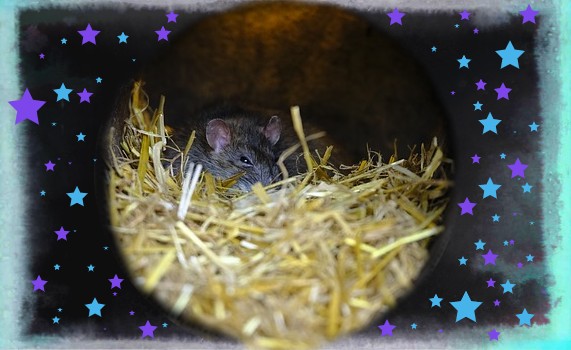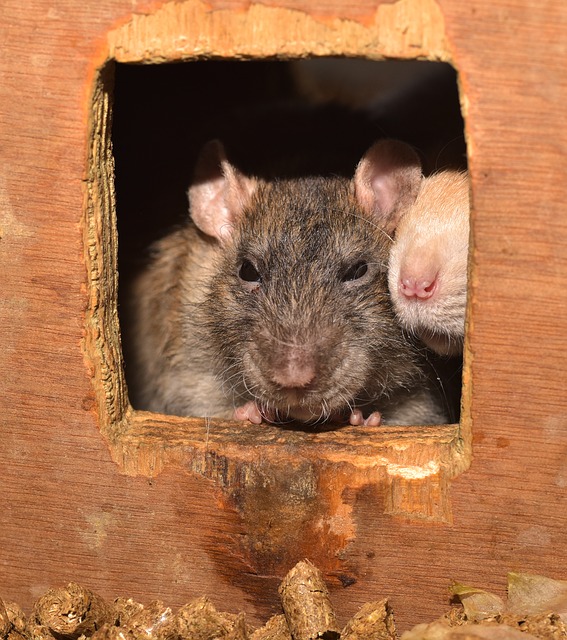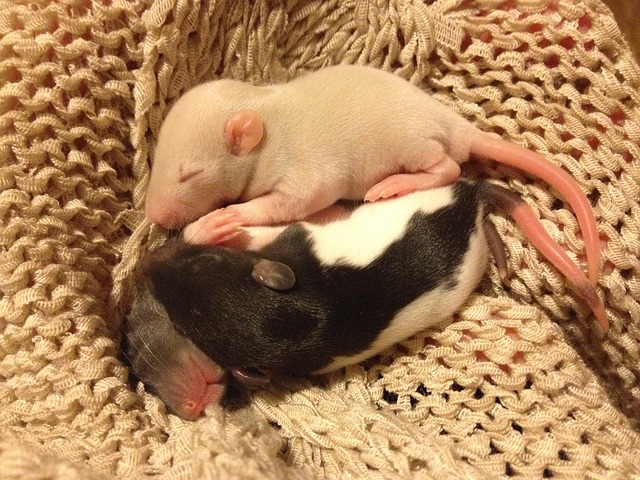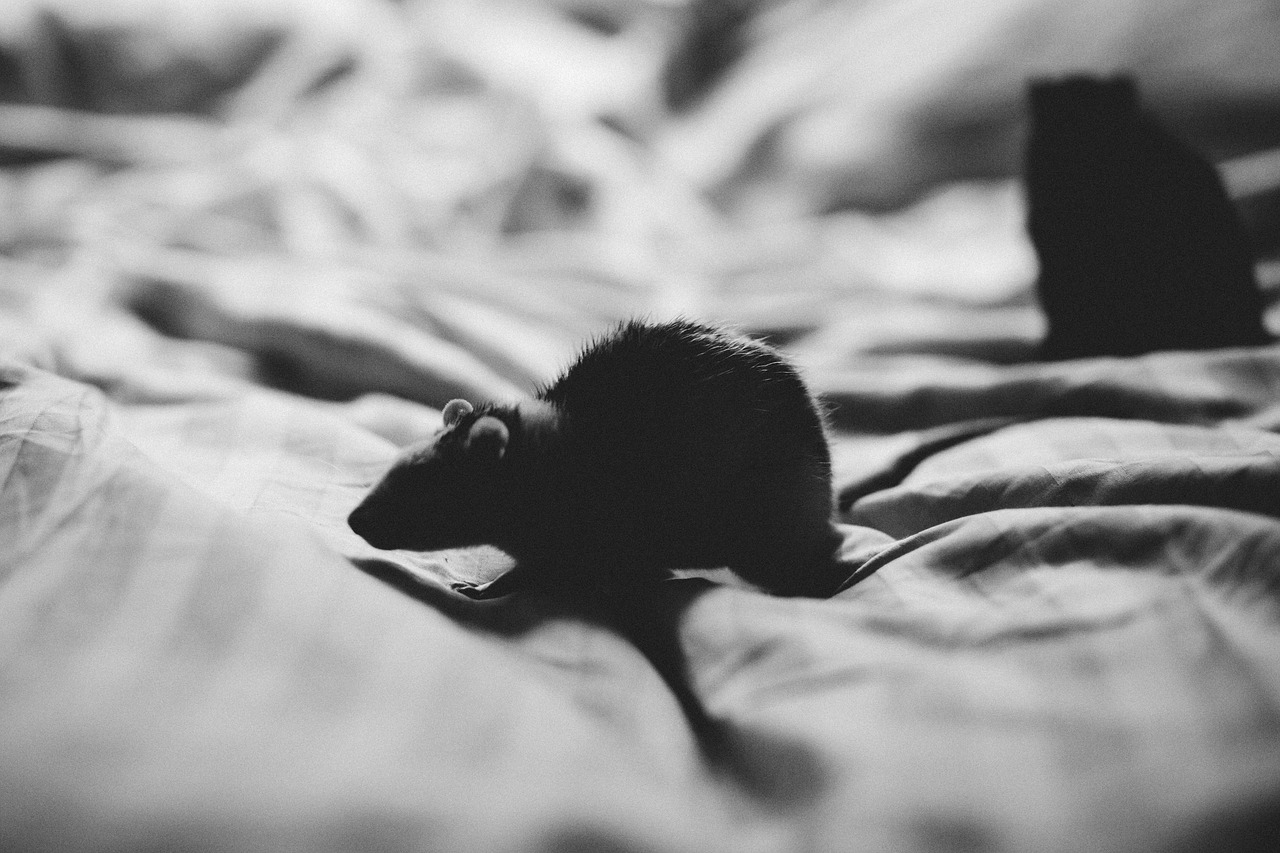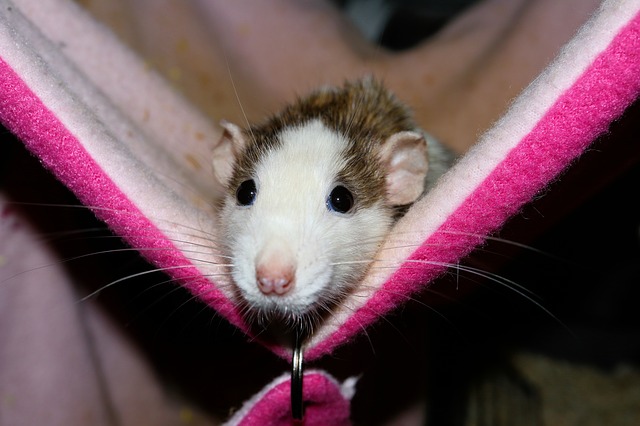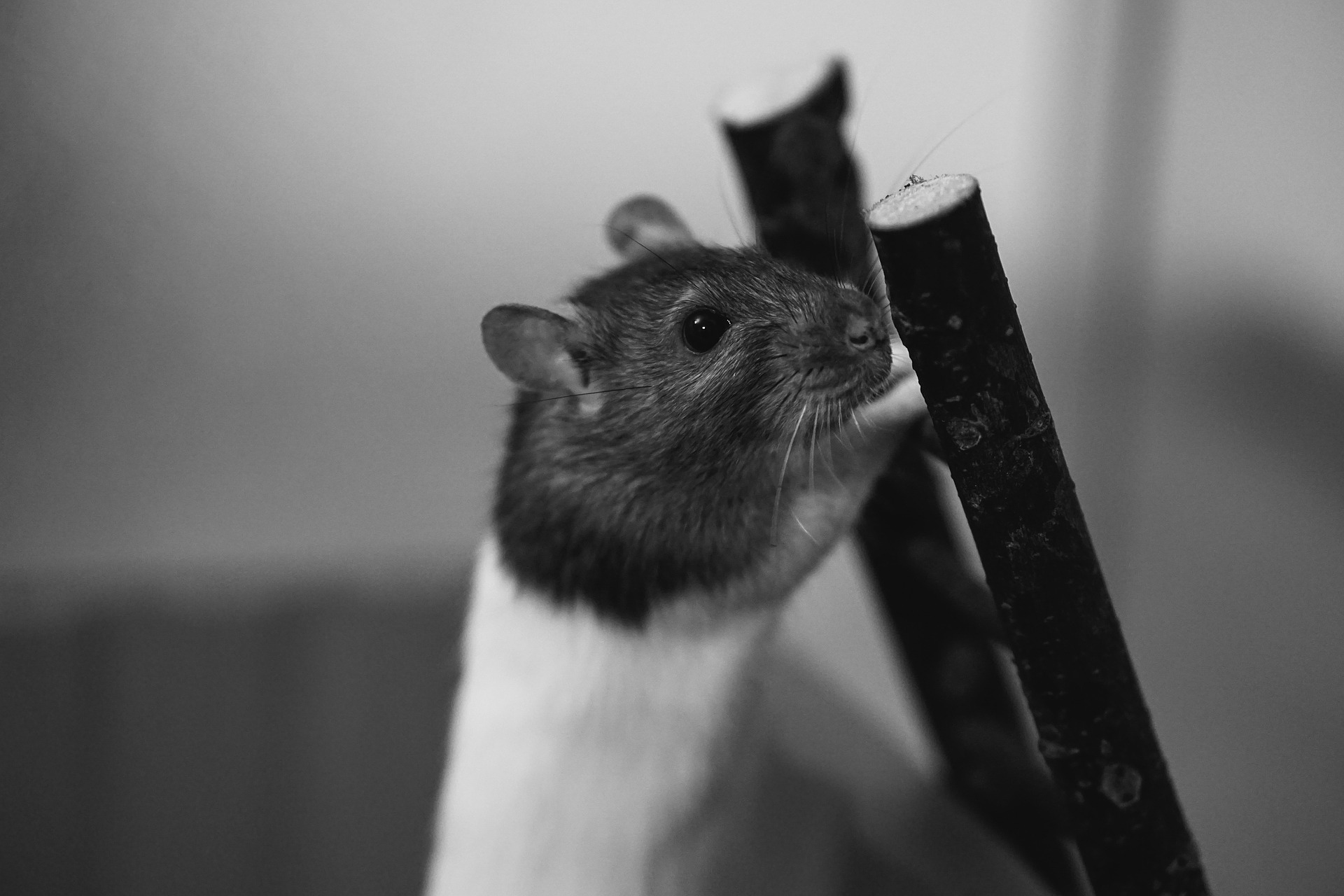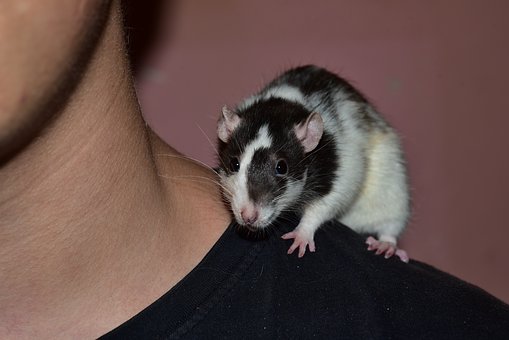Guide: What to Do If Your Pet Rat Bites You

We were recently presented with an excellent topic for today’s discussion.
Pet rats are loving, kind creatures- for the most part.
Just like any other animal, however, they can become aggressive and display dangerous behavior, such as biting.
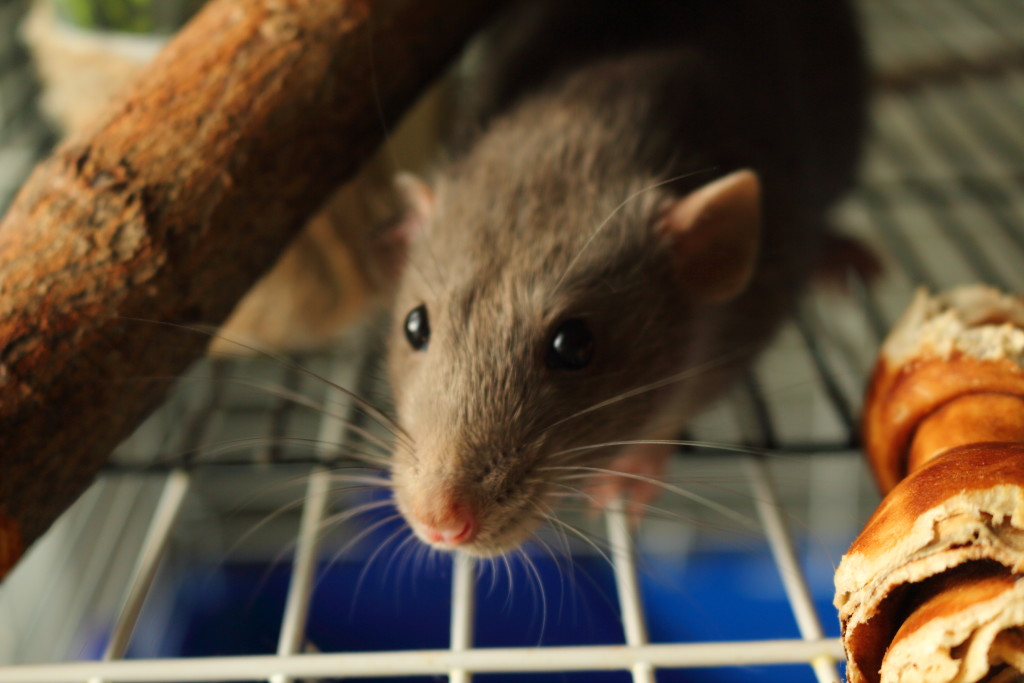
What Do You Do If Your Pet Rat Bites You?
Let me tell you a little story that shows the most extreme side of rat aggression.
At one time, I took in a rescue rat who was repeatedly biting her owner.
This rat was absolutely beautiful and completely tame, but was not interested in people.
As a matter of fact, she would wait for someone to come up to the cage, and would lunge at the person; she was highly aggressive.
It was nearly impossible to feed her, water her, and clean her cage without her attempting to bite you.
I quickly realized this rat would permanently be in my care, as she would never be fit for a home with another human being.
This rat was, by nature, highly aggressive and was likely a product of a poor breeding program that focused on coat colors rather than temperament; after owning, raising, rescuing, and adopting out thousands of pet rats, I can safely say she was the only incredibly aggressive rat that came into my care, without cause.
Of course, if she had been pregnant or abused, this would have been different; instead, this rat simply had an aggressive personality.
This is the worst case scenario. This is the type of rat who, in most cases, cannot be rehabilitated.
With the majority of breeders eliminating this behavior from their stock, it is unlikely that you’ll find it among your rats.
Now, let’s dive into the more common aggressive behaviors, what causes them, and how you should react.
Read More by Clicking “Page 2.”
